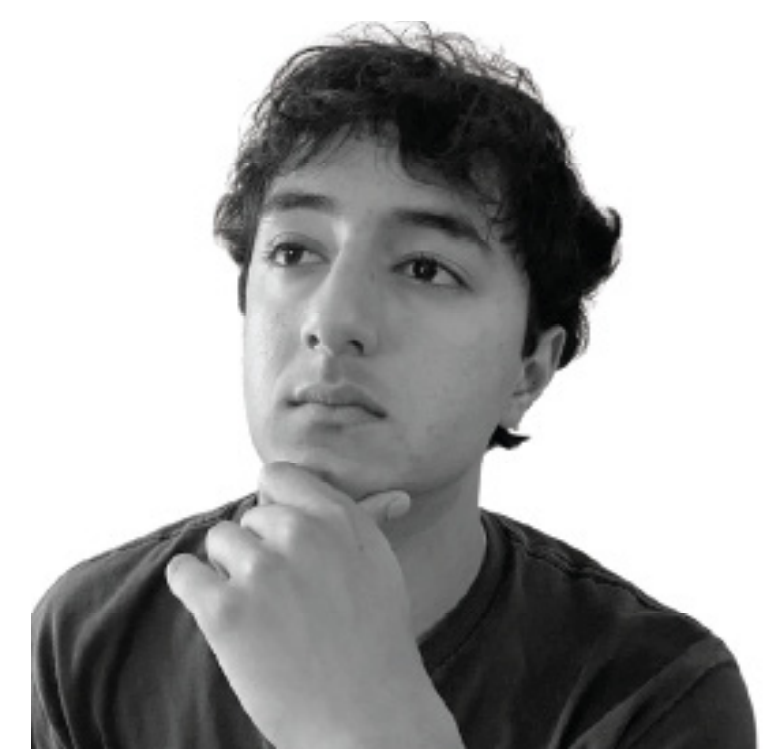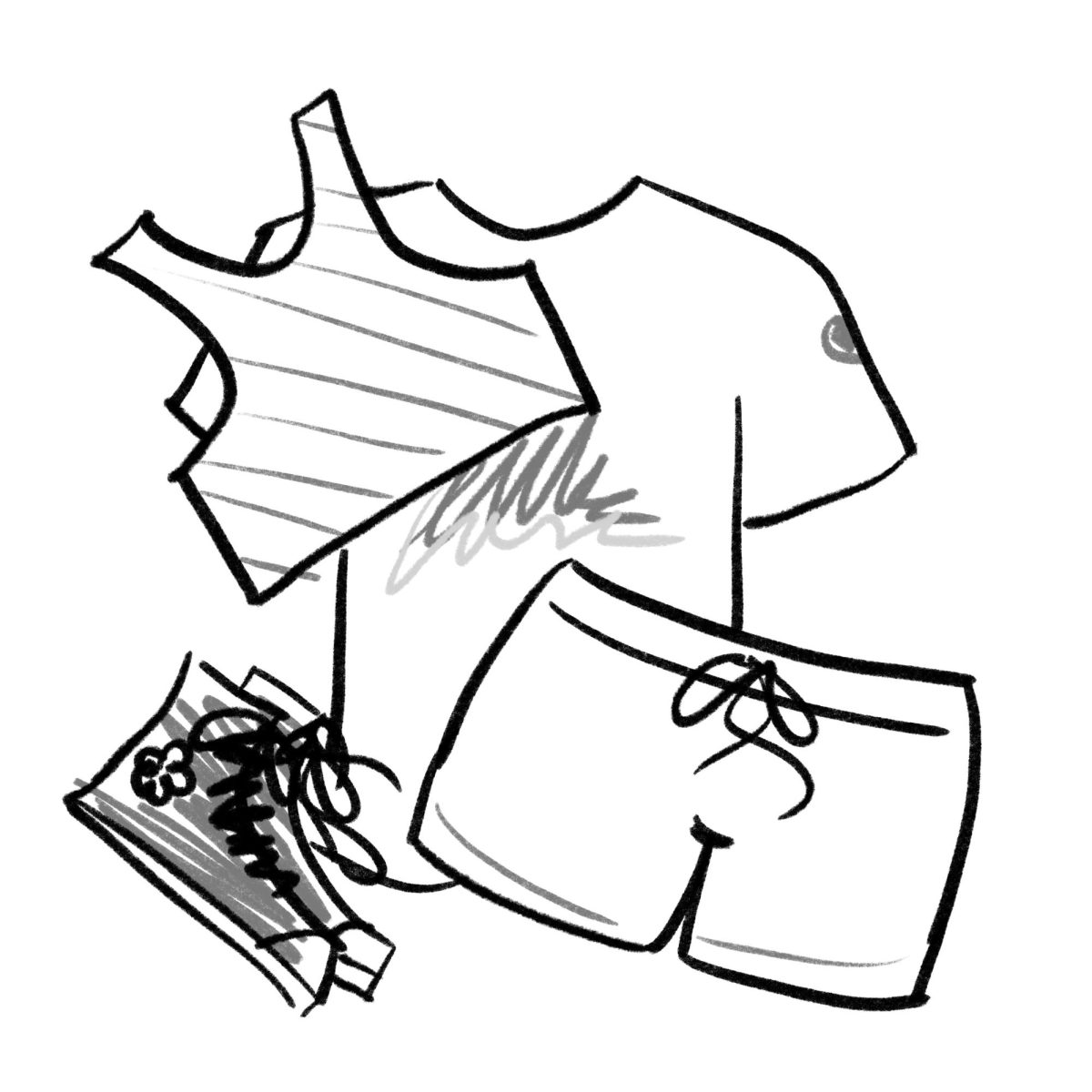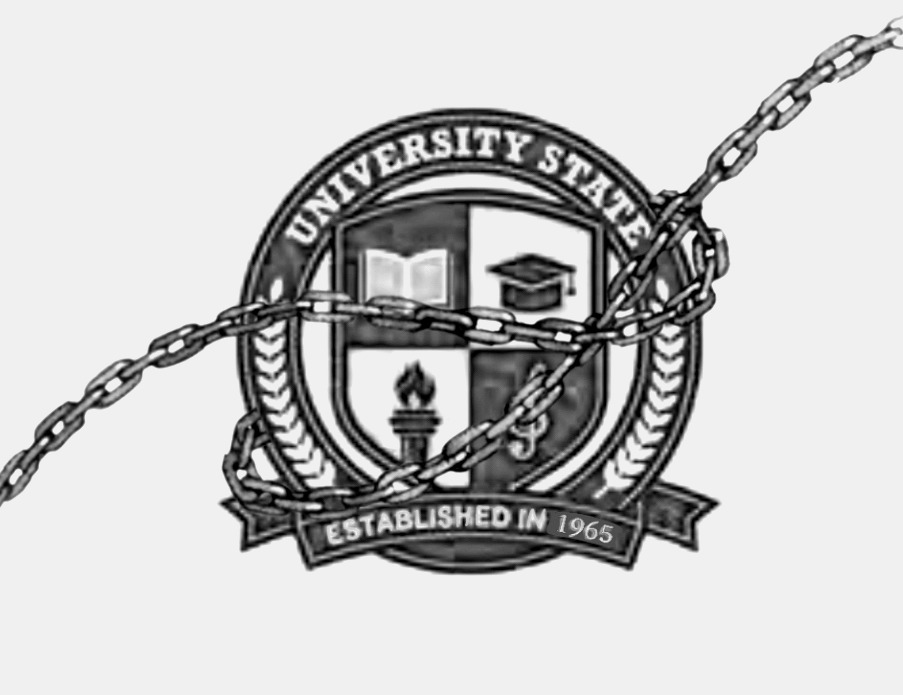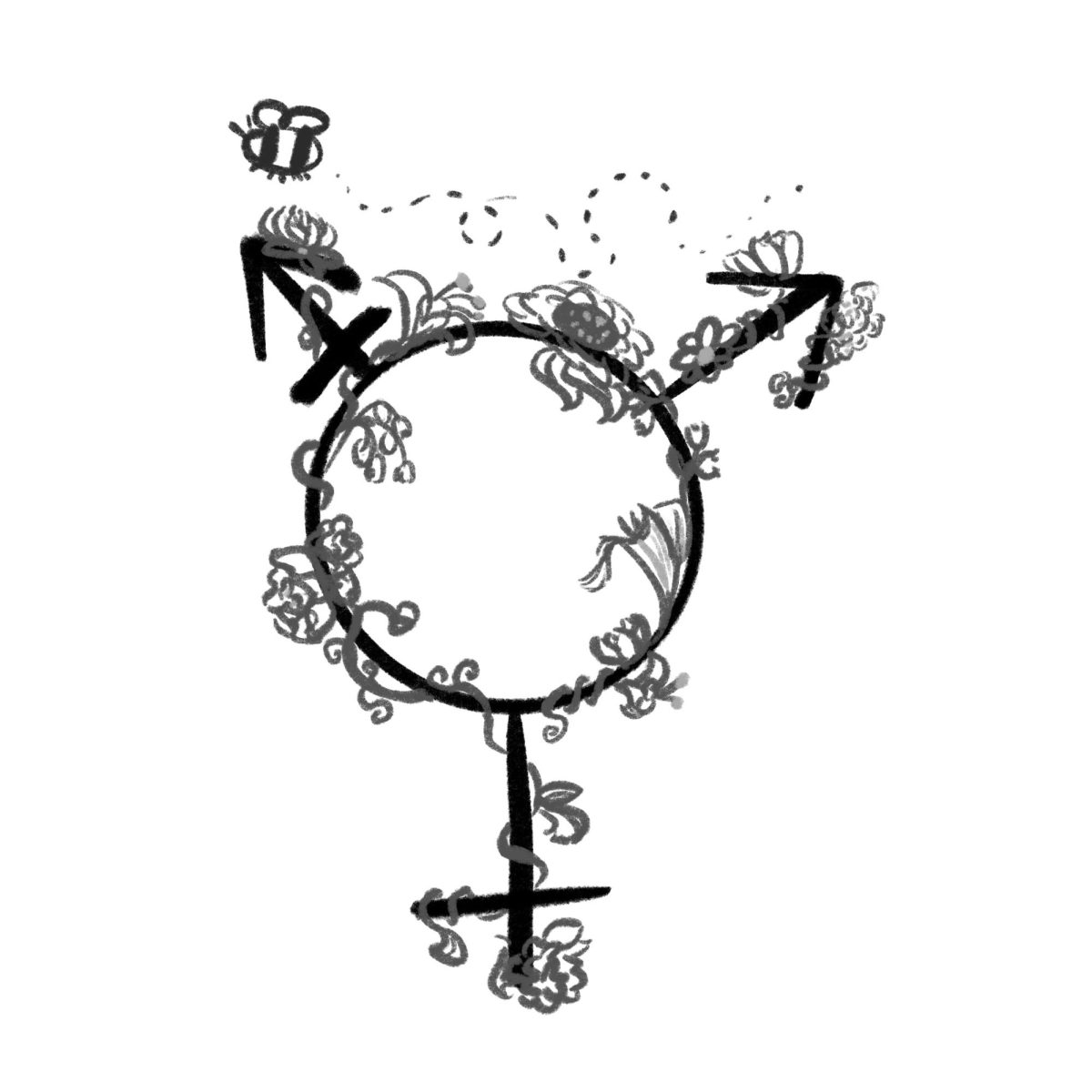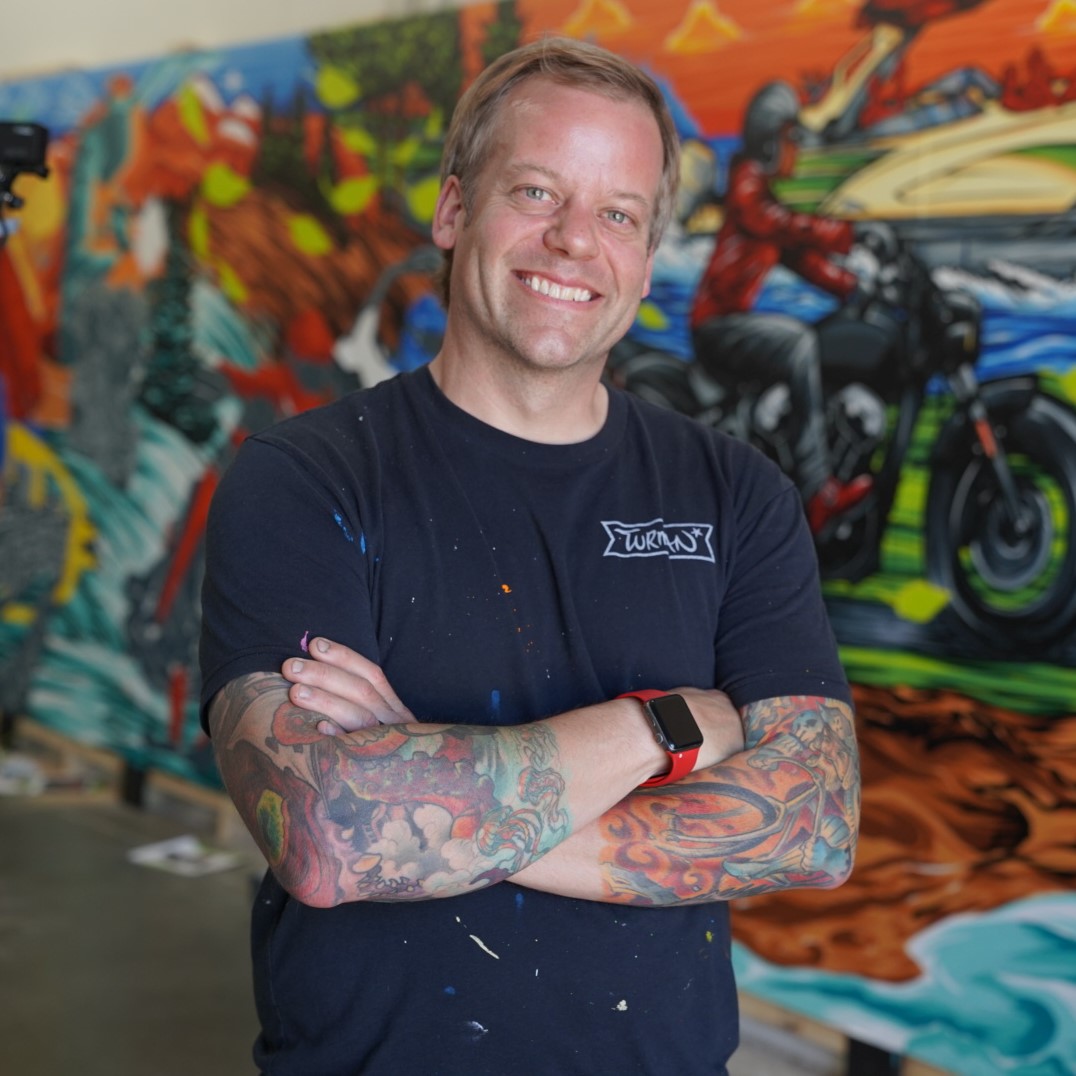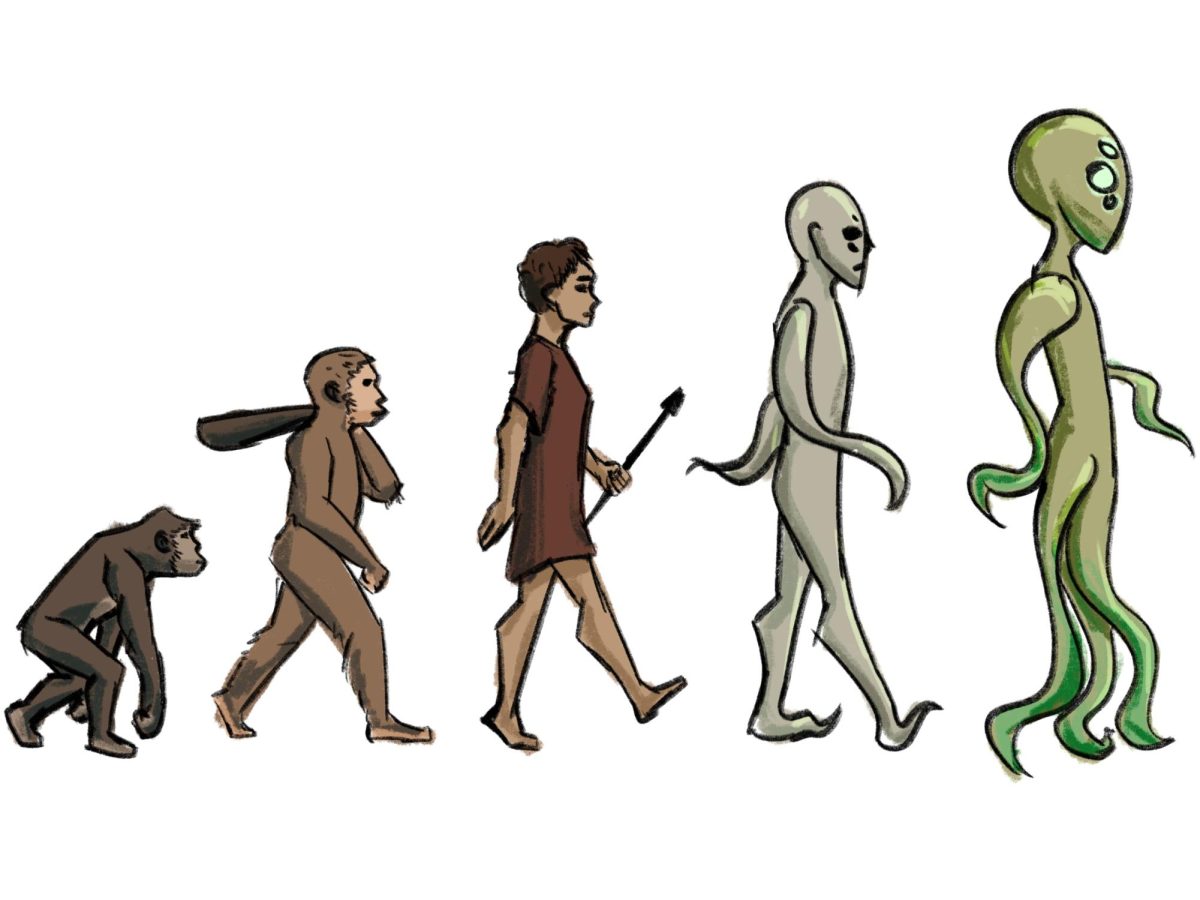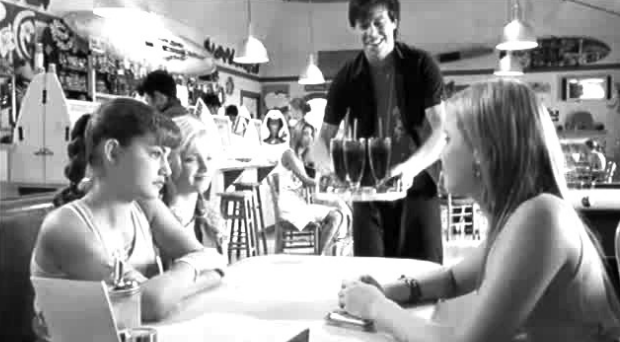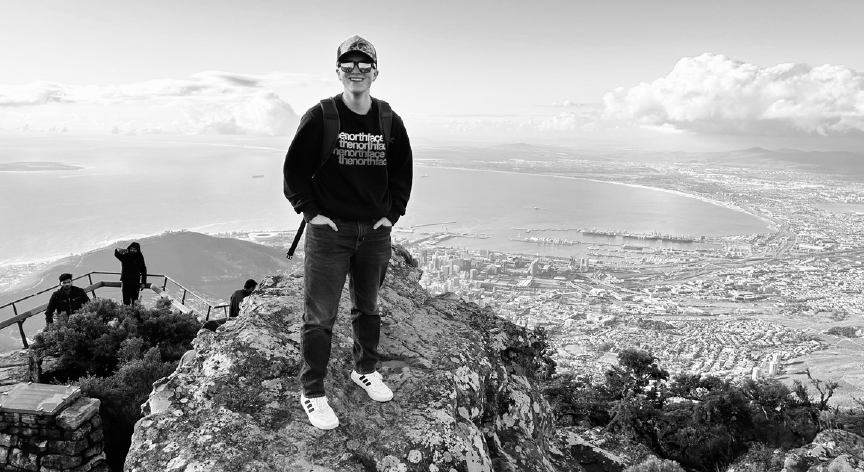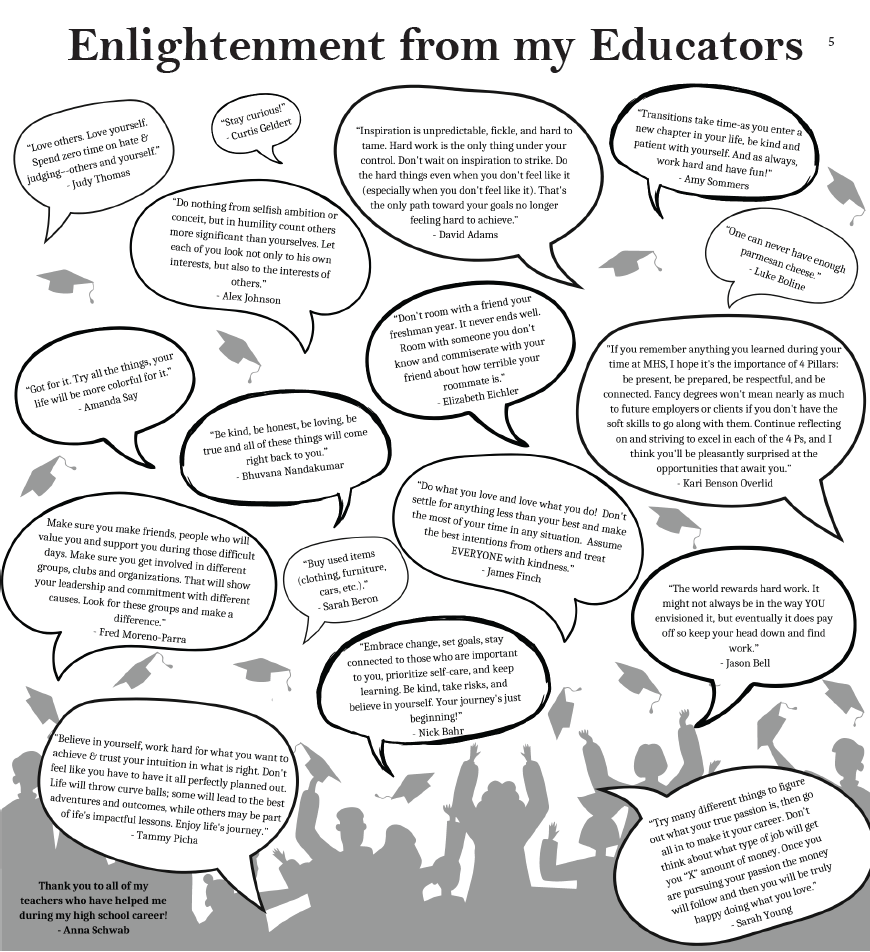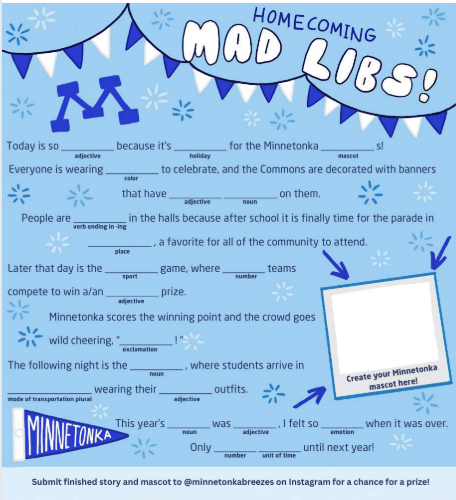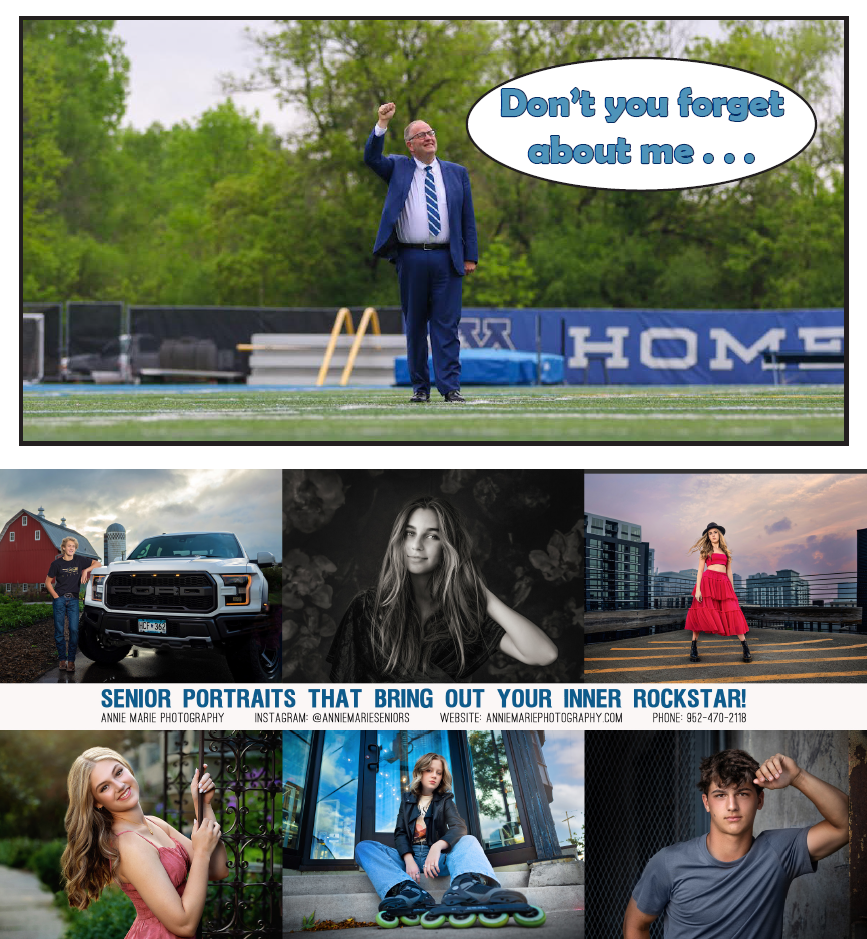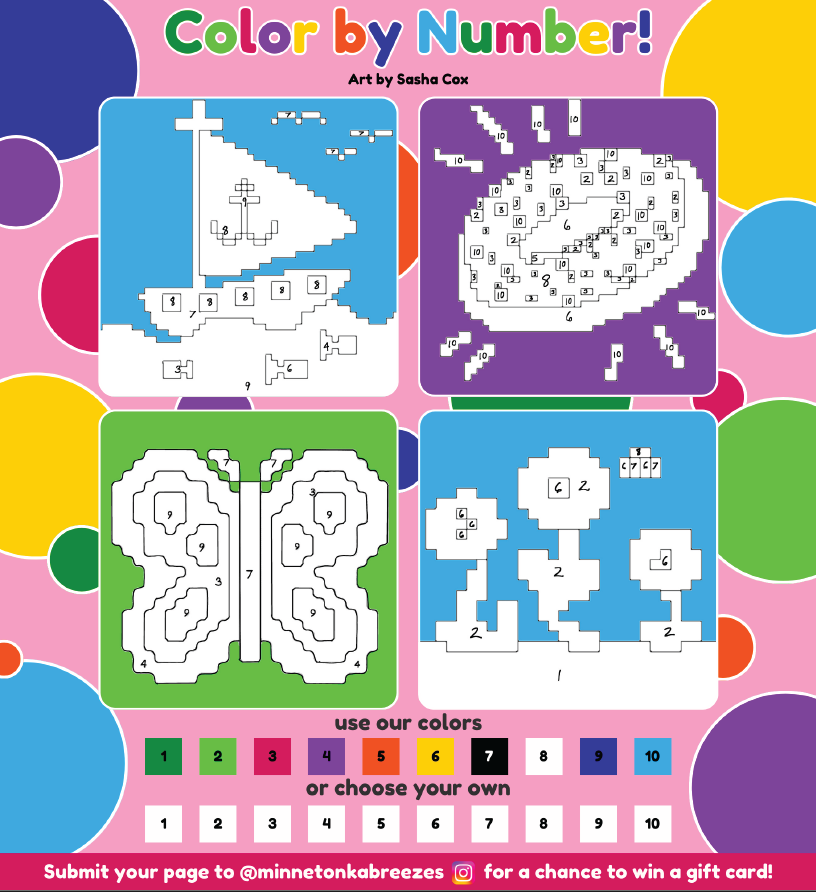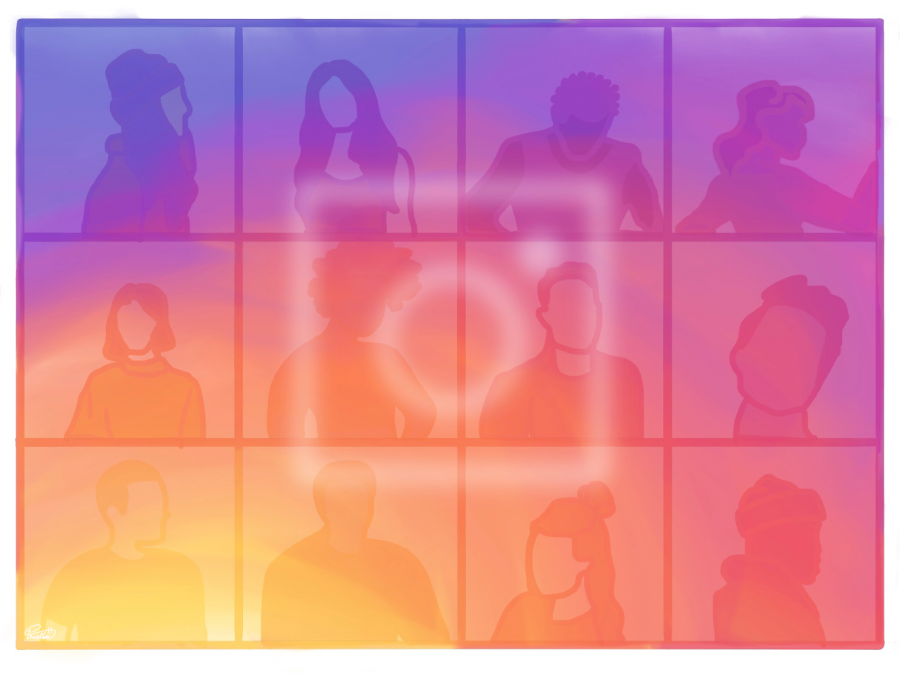Inside the Accounts: How Social Media Has Allowed For Better Representation of Students At Minnetonka High School
September 25, 2020
“They’d mock our accents, make fun of our culture, and make fun of Africans in general.”
Over this past summer, multiple Instagram accounts popped up with the motive of sharing the often concealed experiences of current students and alumni at Minnetonka High School. The example above is just one of the hundreds of experiences shared through the three accounts that depict harassment by teachers and peers. From a lack of respect for other cultures to casual usage of anti-gay and anti-racial slurs, many students have encountered extremely degrading situations simply because they are in special ed, have mental health needs, or because of their race, ethnicity, or sexual orientation.
There are three accounts that have helped to bring these experiences into light: @bipoc_at_tonka, @tonka.lgbtq, and @sped.mentalhealth.tonka. These accounts have multiple purposes.
First of all, these accounts provide a platform where students can share their negative experiences as part of a marginalized group. For students, sharing these stories is often extremely difficult; many have the worry that they will be judged for their experiences or have their story labeled as invalid or “just a joke.” The anonymous nature of these three accounts has allowed for students to truly open up and provide a more accurate picture of what truly goes on at Minnetonka.
These accounts have also been created to show that students are not alone. Even though the experiences that the students share are extremely personal, many of the occurrences have similar underlying and blatant themes of racism and homophobia, showing the need for change at Minnetonka.
Quickly gaining traction, the @bipoc_at_tonka account now has over 1,500 Instagram followers and continues to grow each day. This account was the first of its kind at Minnetonka and was started after the creator saw a similar account for the Blake School District. Drawing from their own experiences as a BIPOC at Minnetonka, they started this account to provide a place for fellow students and alumni to share how they have been treated as a BIPOC at Minnetonka as well.
The account’s creator, who wished to stay anonymous, said, “it is so hard to talk about race and microaggressions that happen in life.”
This platform allows people to easily and anonymously share their stories without any judgment or worry about how they will be perceived by their peers for standing up. This account houses around 100 different student anecdotes, proving that racism, unfortunately, is an issue that many students have to deal with on a daily basis at school.
The developer of this account also said, “it is really important because even though it is anonymous, it is still a person’s life. A lot of BIPOC people go through this daily.” They also wished for people to know that “if anybody has any questions pertaining to my identity or wish to talk to me directly, then please email or dm me through the Instagram account.”
Drawing inspiration from the @bipoc_at_tonka Instagram account, the @tonka.lgbtq account was created in order to provide a similar platform for people who are LGBTQ+ to anonymously share their encounters with homophobia at Minnetonka. This account has around 700 followers and so far has over 50 posts.
The creator of @tonka.lgbtq, also anonymous, stated that she, “wouldn’t really say [she] was surprised, a lot of [the stories] made [her] very sad because a good majority of them are talking about harassment, depression, suicide, and anxiety. It is really sad to see people who are hurting from their classmates and nothing is being done about it.”
The creator of the @tonka.lgbtq account wished for LGBTQ+ people to know that, despite these negative encounters, “there are people who love them and support them, and people that want them to be successful even if it doesn’t seem like it.”
The most recently created Instagram account was the @sped.mentalhealth.tonka account that was designed to raise awareness about how people either enrolled in a special ed program or facing a mental illness have been treated during their time here at the Minnetonka School District.
One of the creators of the @sped.mentalhealth.tonka said, “Minnetonka provides numerous options for students who excel academically. We don’t believe the same opportunities for growth and recognition exist for special education students and those living with mental health issues.”
The experiences posted on this account illustrate this lack of recognition of the struggles that many students are forced to face.
Anessa Reisinger, ‘22, who is a follower of these accounts said, “it is also eye-opening because I don’t go through what they have to go through, but it’s very important to get an insight into what they are feeling, how they’ve handled situations, and how our community treats each other.”
The @bipoc_at_tonka, @tonka.lgbtq, and @sped.mentalhealth.tonka accounts have been able to gain traction because the message resonates with students, either as a student who has had to face these negative experiences or as a fellow peer who can gain a more comprehensive understanding about what it is like to be BIPOC, LGBTQ+, or a student with either special education or mental illness needs at Minnetonka.
These accounts are more than students sharing their stories; they are also a platform for a positive community with the shared recognition that there need to be changes made here at Minnetonka. The fact that these stories have largely been brushed under the rug exposes the system here at Minnetonka: a system that promotes an idealized version of excellence while advancing a glossed-over version of student wellness in which students have to confront hatred and discrimination on a daily basis. Minnetonka, we can and need to do better.
Please make sure to follow these three accounts and read through the student experiences; each and every single one of them is insightful and important.




